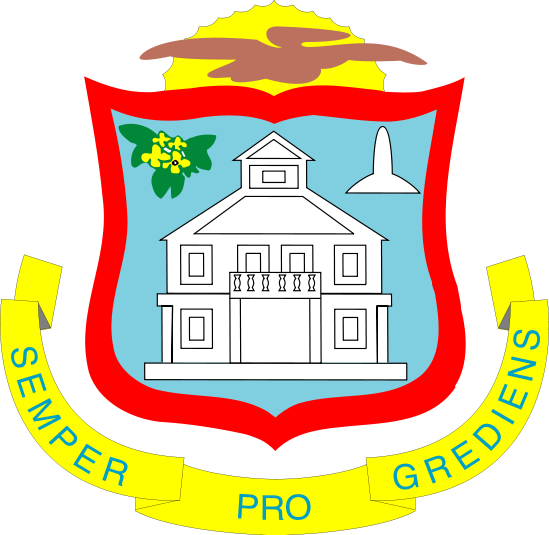Ministry of Education, Culture, Youth & Sports Affairs
The Kingdom of the Netherlands has recently undergone a process of constitutional reform, which has now reached fruition. The changes concern the Netherlands Antilles, a country that until recently was made up of the islands of Curaçao, Sint Maarten, Bonaire, Sint Eustatius and Saba. The reforms are based on the results of referenda and on decisions taken by representative assemblies about the islands’ future constitutional status. The results, with one exception, were unequivocal: the islands no longer wanted to be parts of the Netherlands Antilles, yet they also did not want to sever their ties with the Kingdom of the Netherlands. The exception, Sint Eustatius, voted to remain a part of the Netherlands Antilles.
In the new constitutional structure, Curaçao and Sint Maarten have acquired the status of countries within the Kingdom (like the Netherlands Antilles and Aruba before the changes). Aruba retains the separate country status it has had since 1986. Thus, as from 10 October 2010, the Kingdom consists of four, rather than three, equal countries: Aruba, Curaçao and Sint Maarten are not Dutch overseas dependencies, but full, autonomous partners within the Kingdom, alongside the Netherlands, and each enjoys a high degree of internal autonomy.
The Government website has information
about the Government of St. Maarten and the services available to residents,
visitors and the business community. Information is also available about
the Council of Ministers, Parliament and the structure of the civil service
corps.
 |
Website: www.sintmaartengov.org
